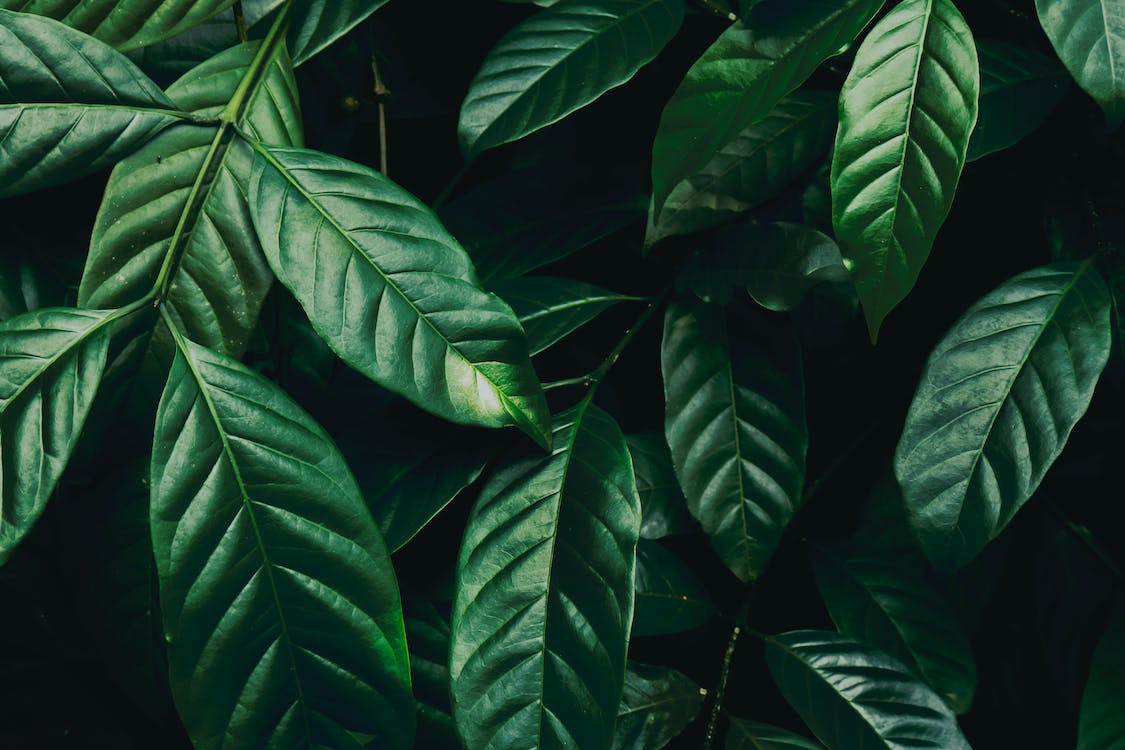
Torbangun Used as a Galactagogue
|
3 min
|
3 min
Have you heard of Torbangun? This incredible herb, also known as Indian borage, is renowned for its powerful benefits in supporting lactation. Used for centuries by the Bataknese people in Indonesia, Torbangun is traditionally consumed as a soup to promote postpartum recovery and abundant breast milk production. Packed with nutrients like calcium, magnesium, potassium, and vitamin C, Torbangun has gained recognition for enhancing milk supply and providing immune-boosting properties.
Torbangun is a semi-succulent plant with the Latin name Coleus amboinicus as well as Plectranthus amboinicus. (1) It is a perennial herb in the mint family. Torbangun can grow up to three feet tall and is densely packed with leaves that are oval-shaped, broad, and covered with hairs that make the leaves look slightly frosted. It produces light purple flowers. Torbangun likes to grow in warm, sunny locations but can also be grown indoors in cooler climates. It is grown as an ornamental plant, and for culinary, and medicinal purposes.
Torbangun is most likely native to South Africa but has traveled to many other parts of the world. It is indigenous to Thailand, India, and Indonesia. Torbangun is known by many different common names around the world.
In Indonesia, the Bataknese people have used torbangun, natively called bangun-bangun, for hundreds of years, passed down from generation to generation. The leaves are used in soup prepared for new lactating parents for the first month after giving birth. The word bangun means “wake up”. It is given to support their recovery from postpartum fatigue and establish (wake up) abundant breast milk production.
Torbangun leaves smell and taste like oregano with a hint of mint, making it a natural addition to soups. Traditionally, Torbangun is added to a soup with chicken or fish, which symbolizes a blessing of happiness and safety for the new parent and baby. It is eaten by the new mother immediately after they have given birth through the first thirty days postpartum. Today, the torbangun leaf soup is made with coconut milk, which helps cover up the slightly bitter taste of the leaves. In Bataknese culture, consuming torbangun after delivery of the baby is thought to help with postpartum bleeding, acts as a uterine cleansing agent, and is warming to the body. (2)
A 2006 randomized clinical study included 63 mothers for four weeks. 23 of the mothers were given torbangun leaf soup, 22 mothers took fenugreek seed capsules, and the remaining 22 mothers were given a B12 vitamin. All the mothers planned to breastfeed for at least four months. The results showed that the parents receiving torbangun had a 65% increase in milk production after two weeks compared to a 20% increase for the fenugreek group and a 10% increase in the vitamin B12 group. (3) The study also revealed at day 56 after the study that milk supply in the group who had torbangun continued to have an increased supply, suggesting that taking Torbangun helps establish milk supply and better outcomes for maintaining adequate milk supply. The fenugreek group and vitamin B12 group at day 56 of milk collection both had a reduction in supply. A noted study in mice concluded that torbangun played a role in the proliferation of mammary secretory cells.
Torbangun is the main ingredient in Legendairy Milk’s wildcrafted lactation blend Lactivist. This traditional herb's benefits to milk production and enrichment have helped many parents continue their breastfeeding journey. Lactivist is certified vegan, verified non-GMO, fenugreek-free, gluten-free, and Halal.